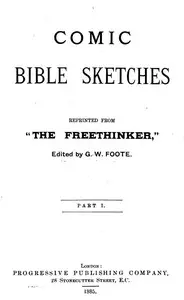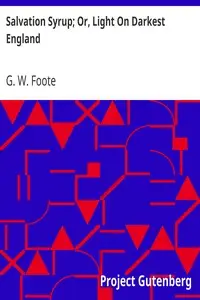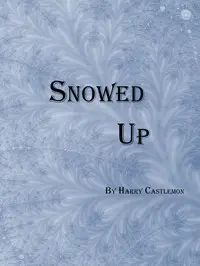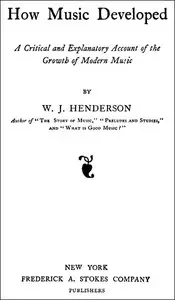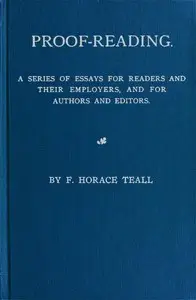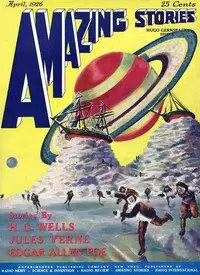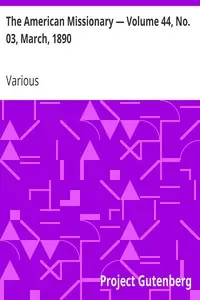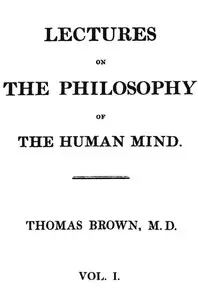"Bible Romances, First Series" by G. W. Foote is a critical examination of biblical narratives, particularly focusing on the stories found in the Book of Genesis. Written during the late 19th century, this work explores various biblical tales, challenging the literal interpretations commonly held by religious adherents. The author aims to dissect these narratives through a lens of scientific rationalism and skepticism, revealing inconsistencies and absurdities in traditional biblical accounts, such as the Creation story and Noah's Flood. The opening of the work delves into the Creation story, where Foote argues against the plausibility of the narrative as a historical and scientific account. He critiques the timeline proposed in the Bible that suggests the earth and humanity were created within six days, contrasting it with geological and biological evidence that points to a much older earth. Foote questions the validity of the biblical text, dissecting its anthropomorphisms and contradictions, and compares it to other ancient myths. His analytical yet sarcastic tone sets the stage for an exploration that promises to challenge traditional beliefs about the stories that form the foundation of Judeo-Christian doctrine. (This is an automatically generated summary.)

Bible Romances, First Series
By G. W. (George William) Foote
"Bible Romances, First Series" by G. W. Foote is a critical examination of biblical narratives, particularly focusing on the stories found in the Book...
George William Foote was an English radical journalist, writer, editor, publisher, and prominent secularist. He was a leading advocate of freethought, founding and editing notable publications such as The Freethinker and The Secularist and co-founding the British Secular Union. Additionally, he ran a publishing business known as the Pioneer Press. Foote was convicted of blasphemy in 1883 for his satirical attacks on Christianity published in The Freethinker and sentenced to a year in prison. He authored over eighty works, mainly polemical pamphlets, with his editorial essays from The Freethinker compiled into Flowers of Freethought (1893–94).



